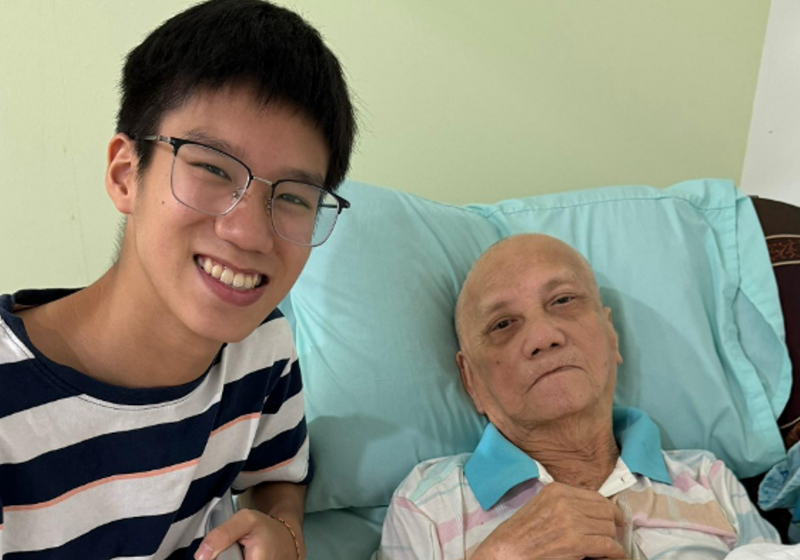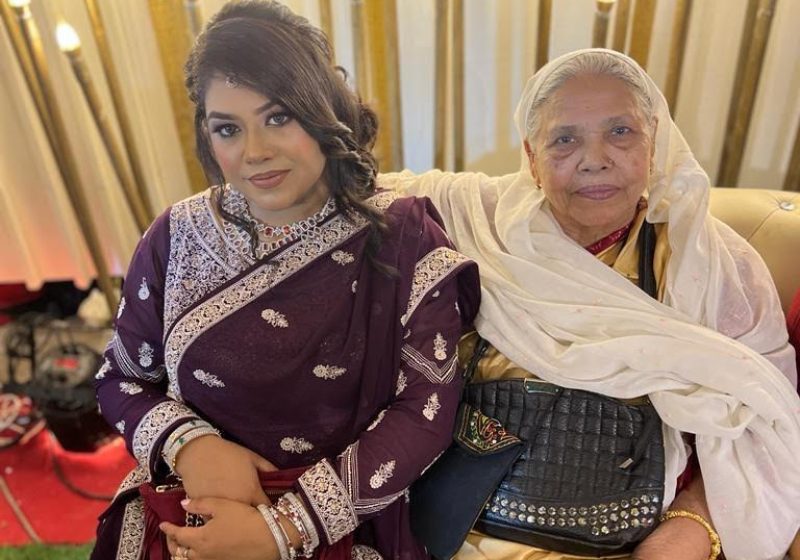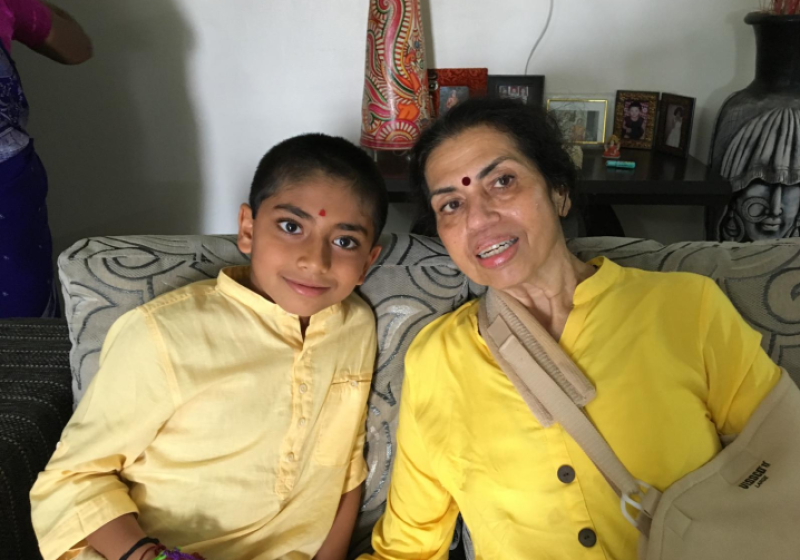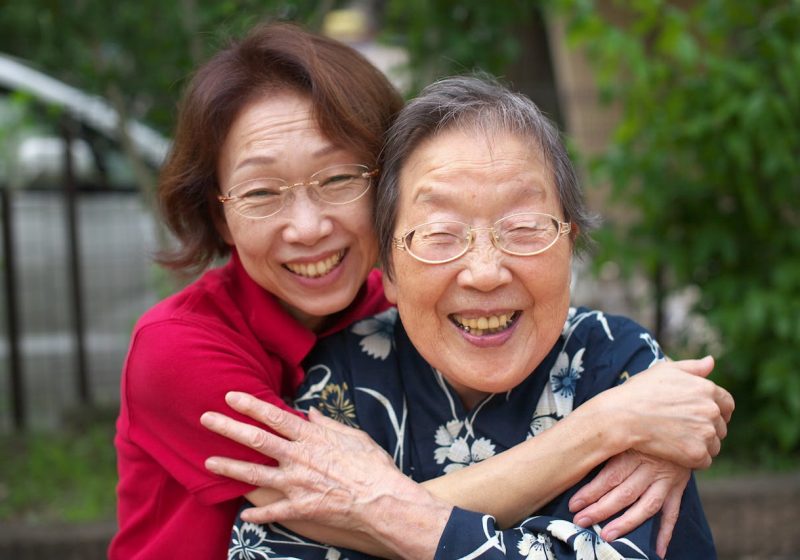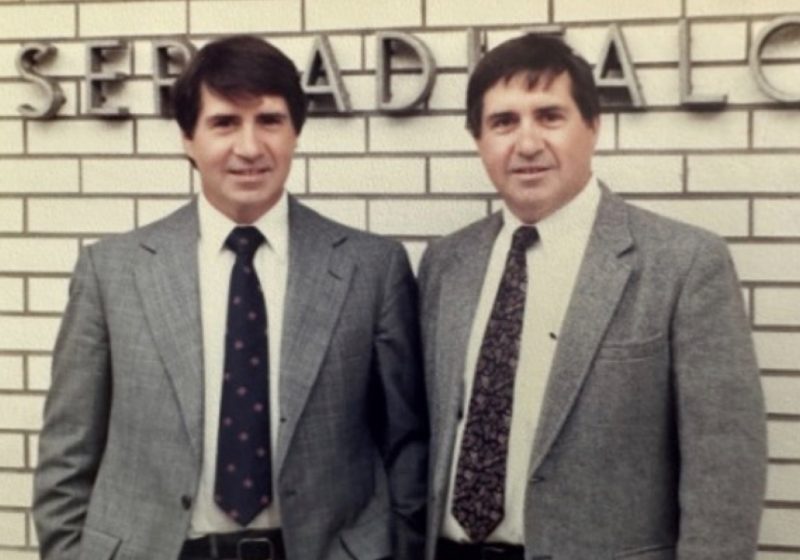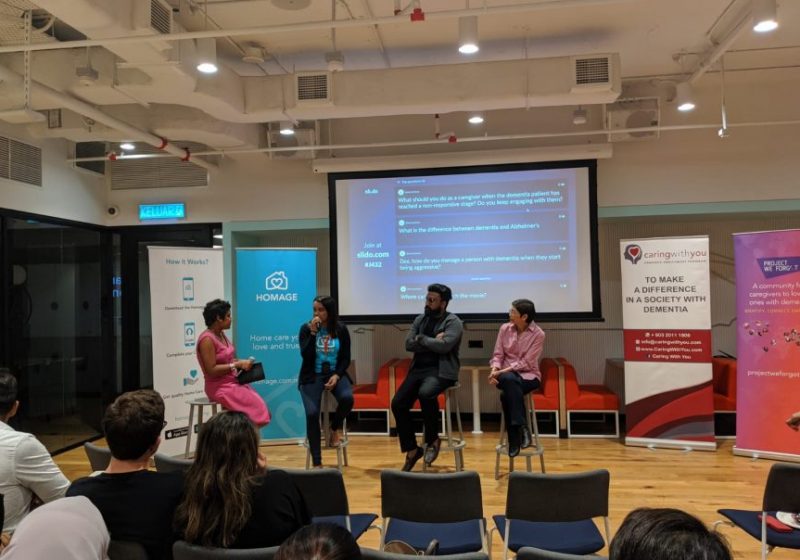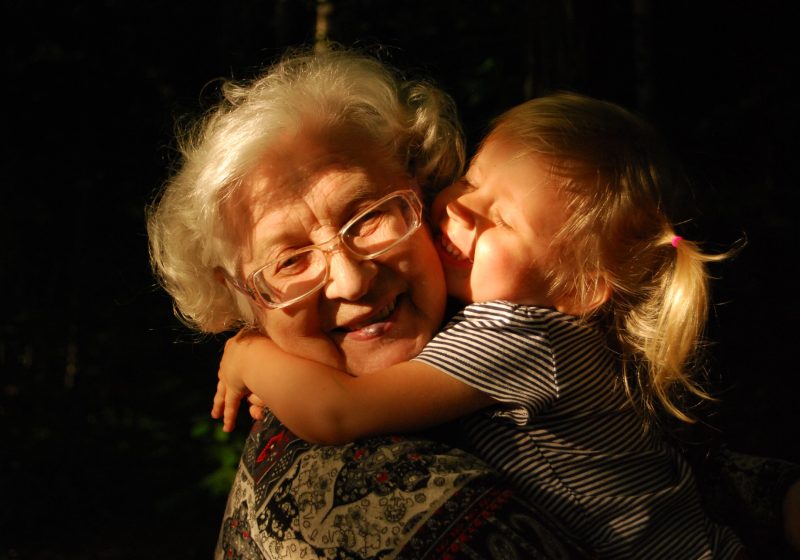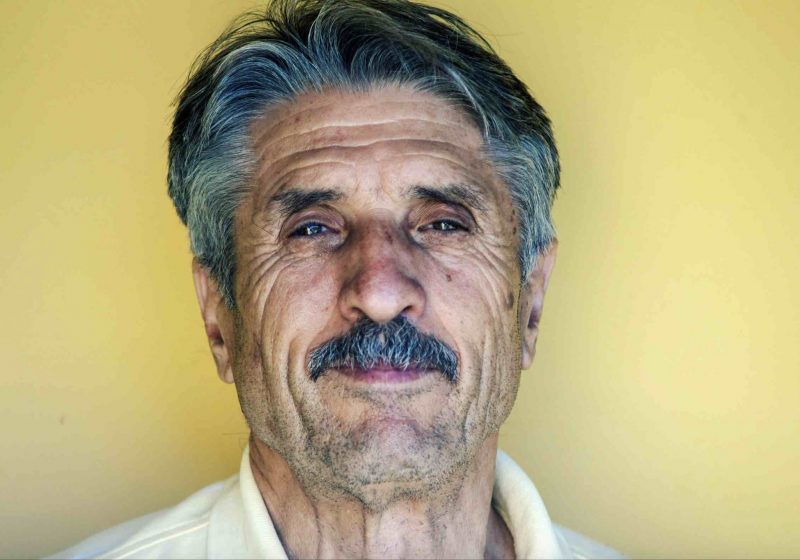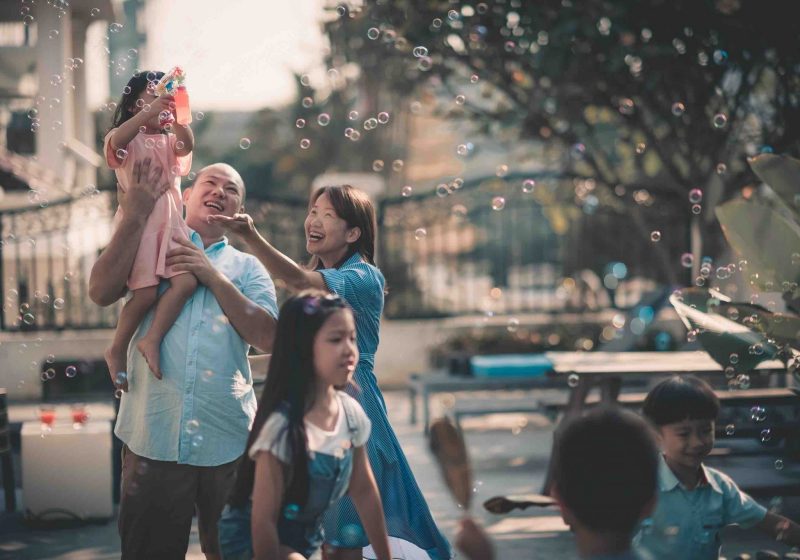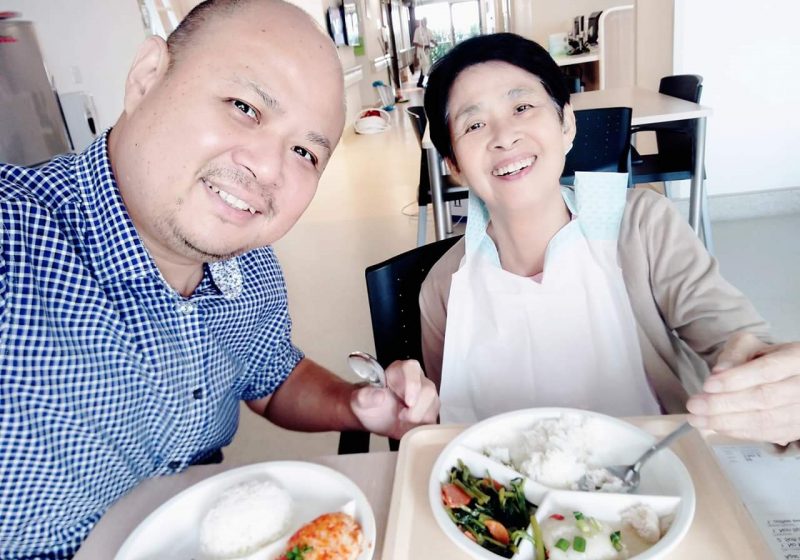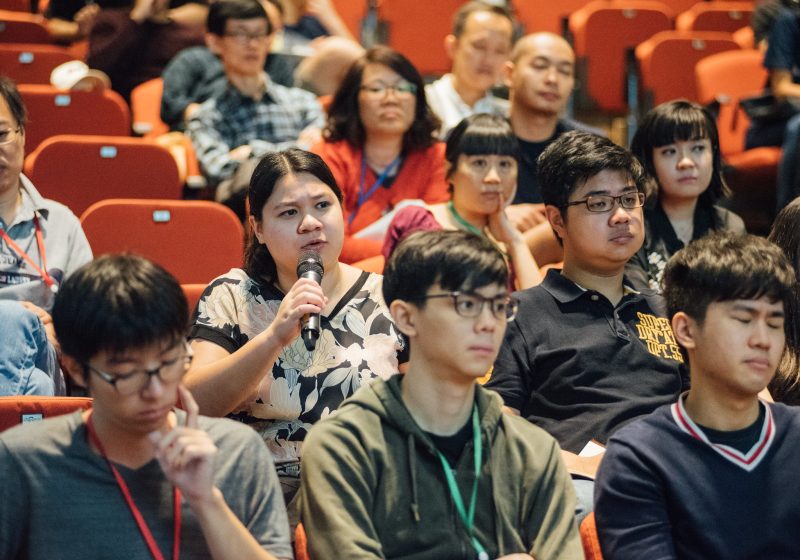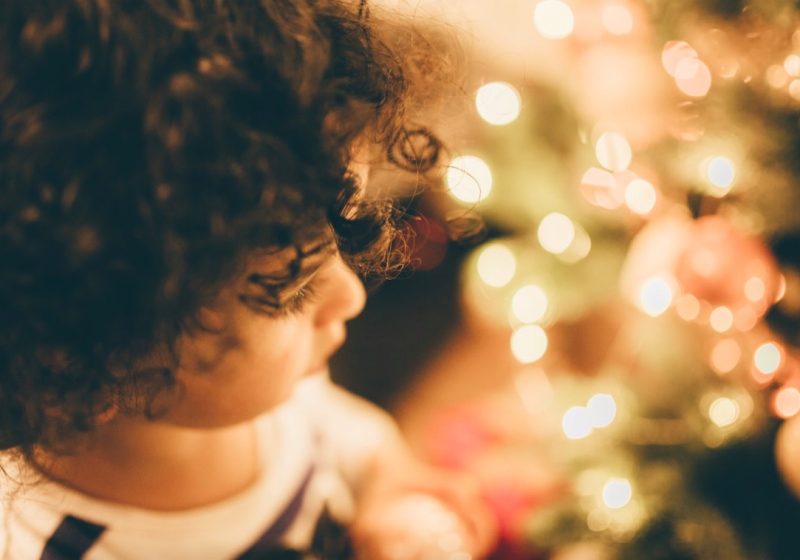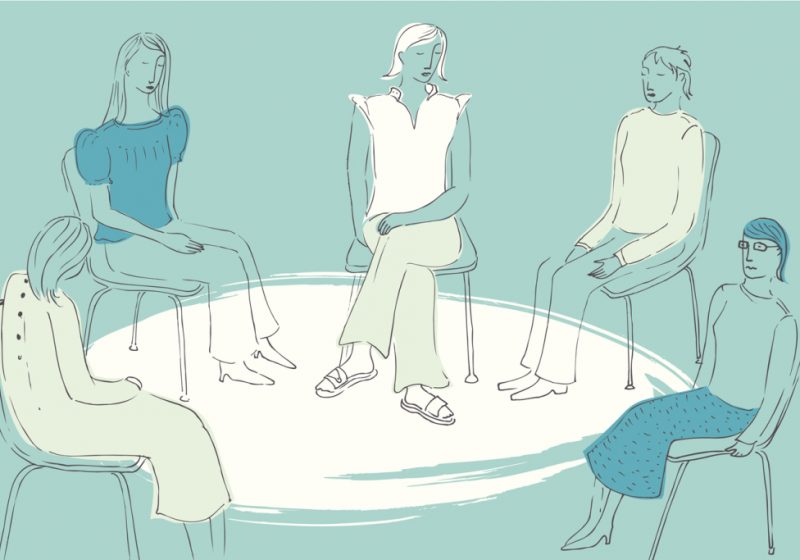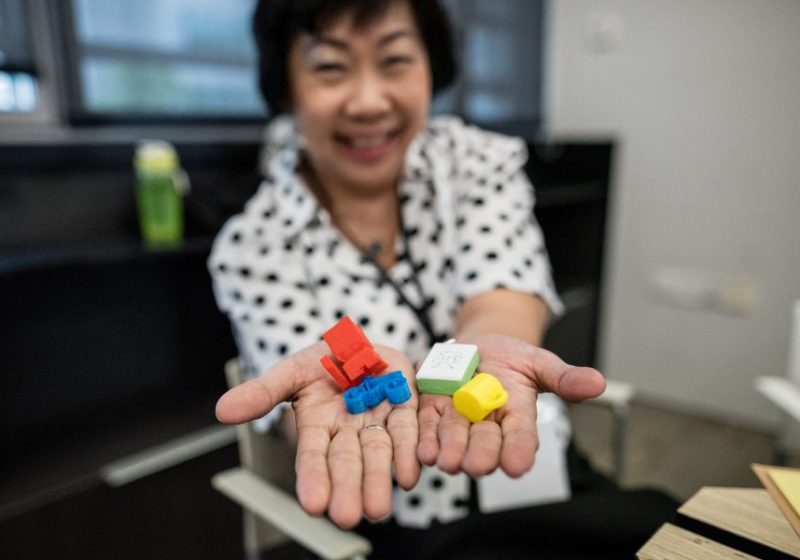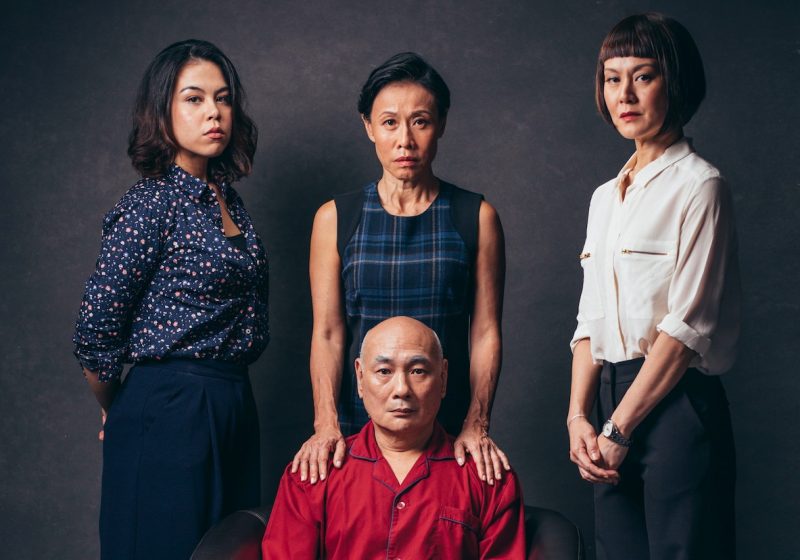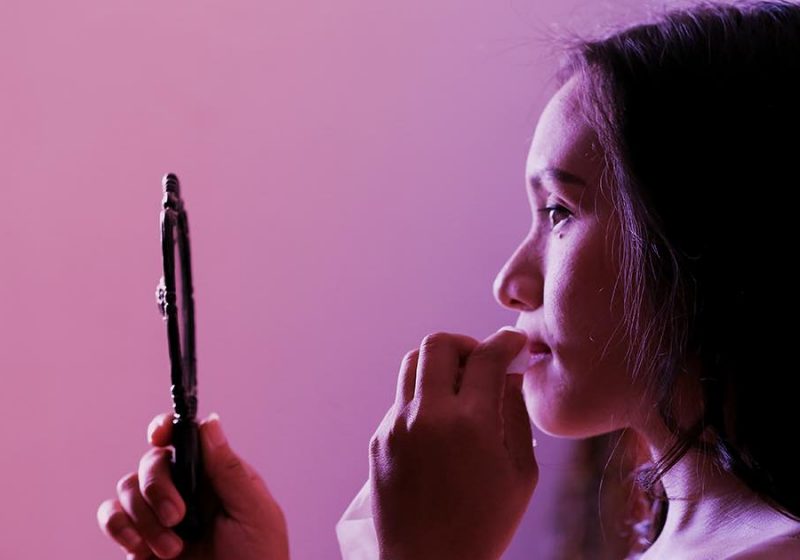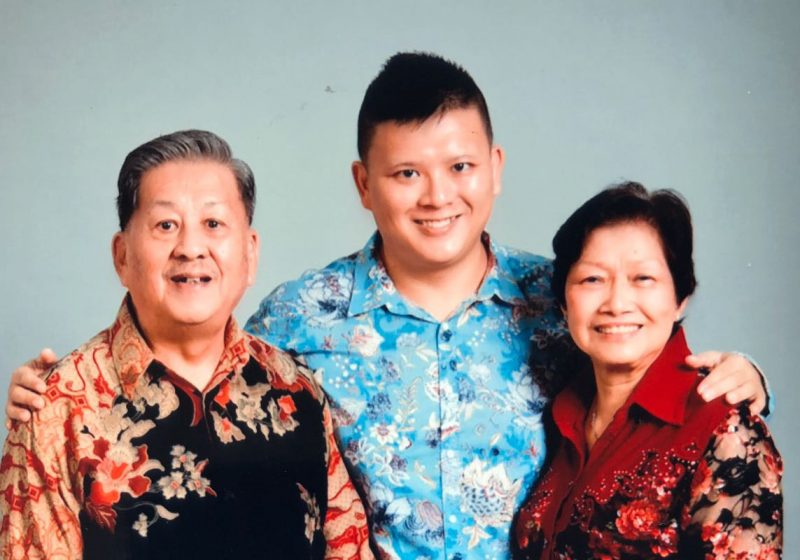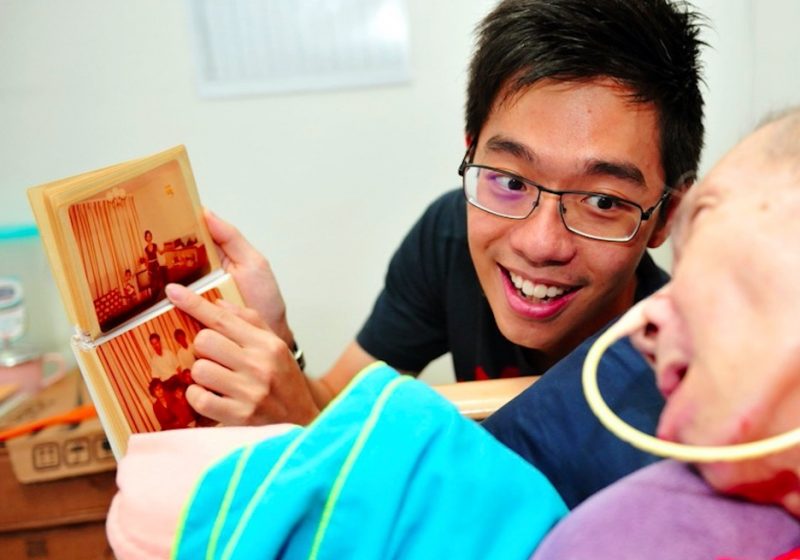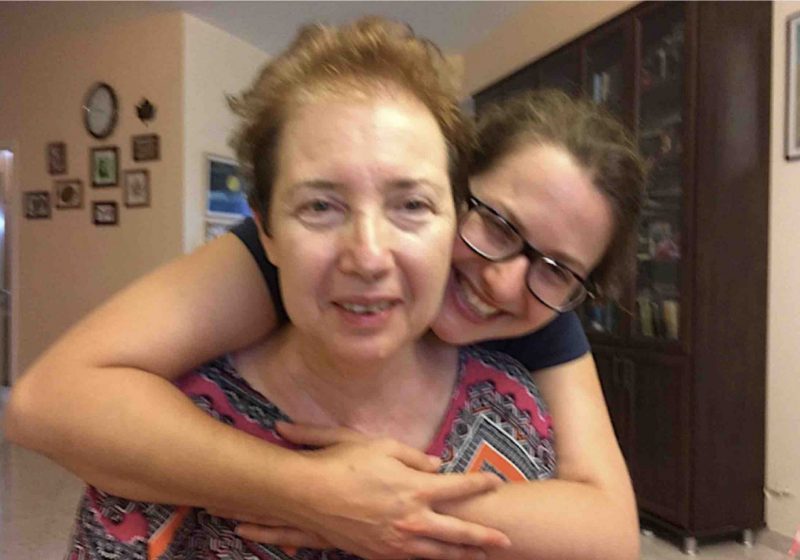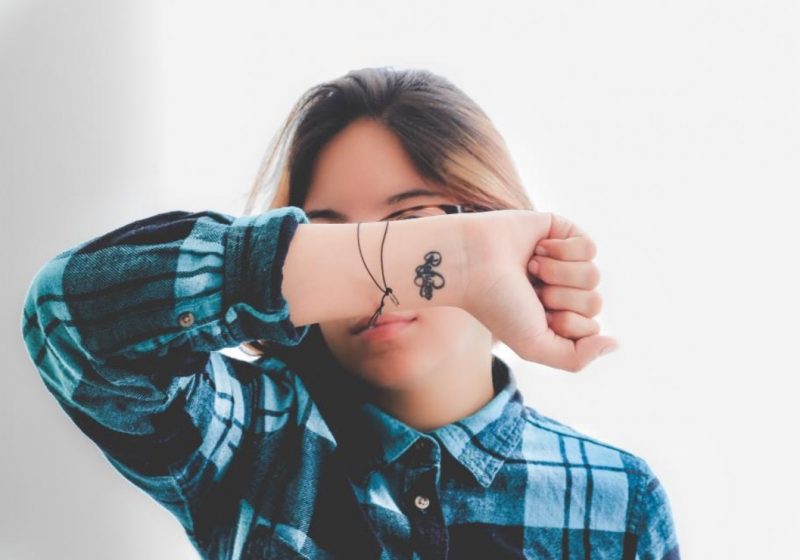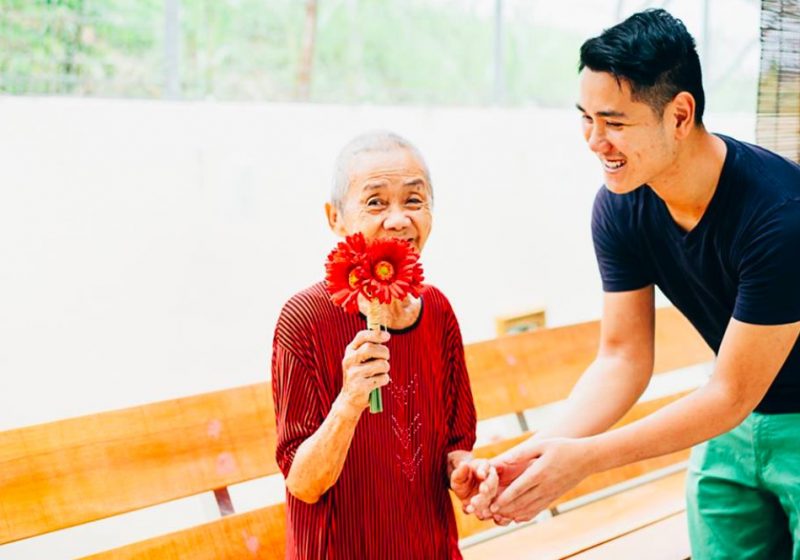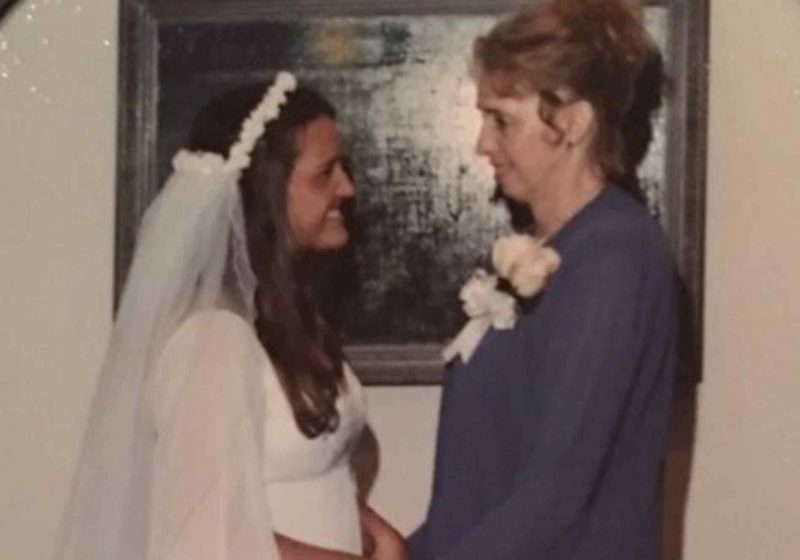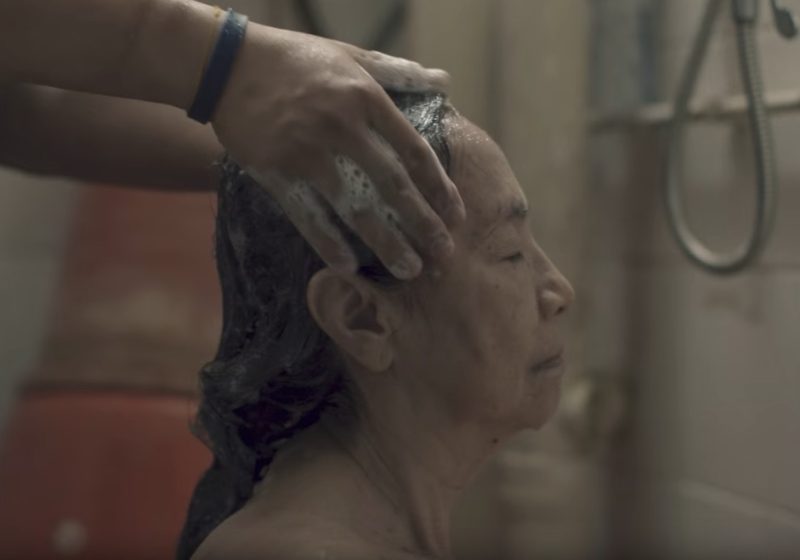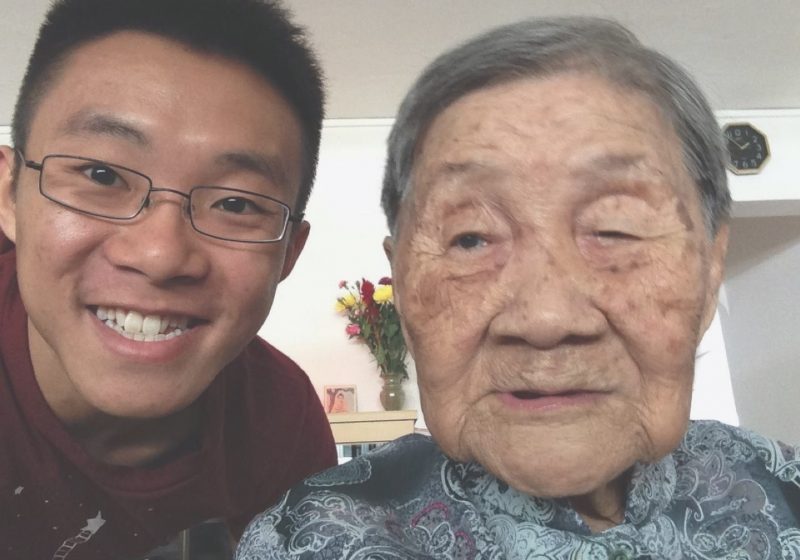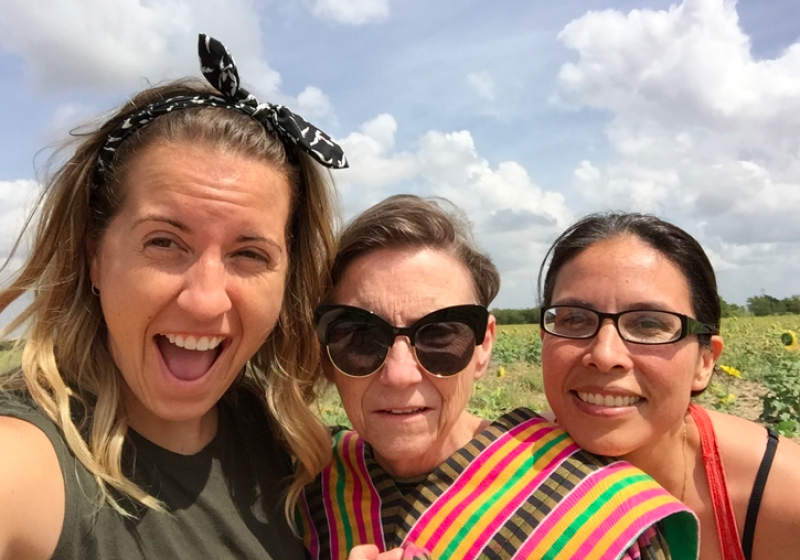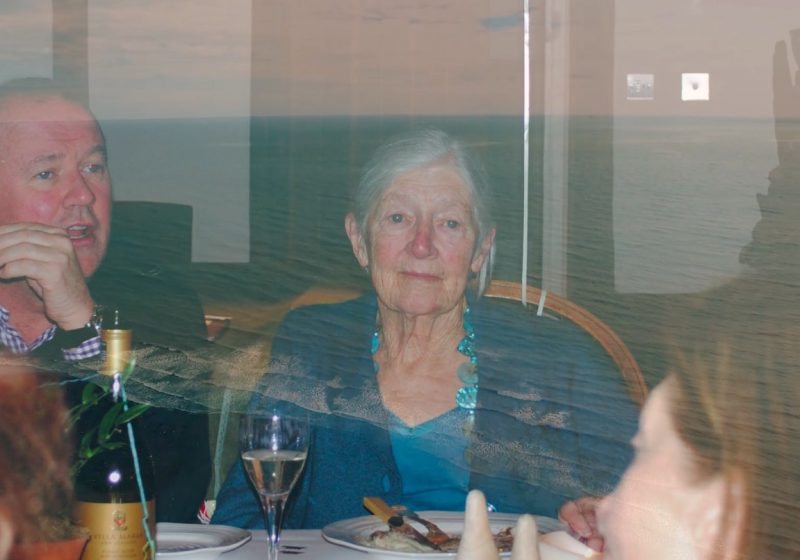Born and raised in Japan, Carina Mask, now 27, moved to the U.S when she was just 7 years of age. She pays tribute to her grandmother’s life as she shares with us memories of growing up with her grandmother, the early signs of Alzheimer’s she spotted before diagnosis and what it was like for her family to shuffle between the two countries to care for her loved one battling with the disease.
By Carina Mask
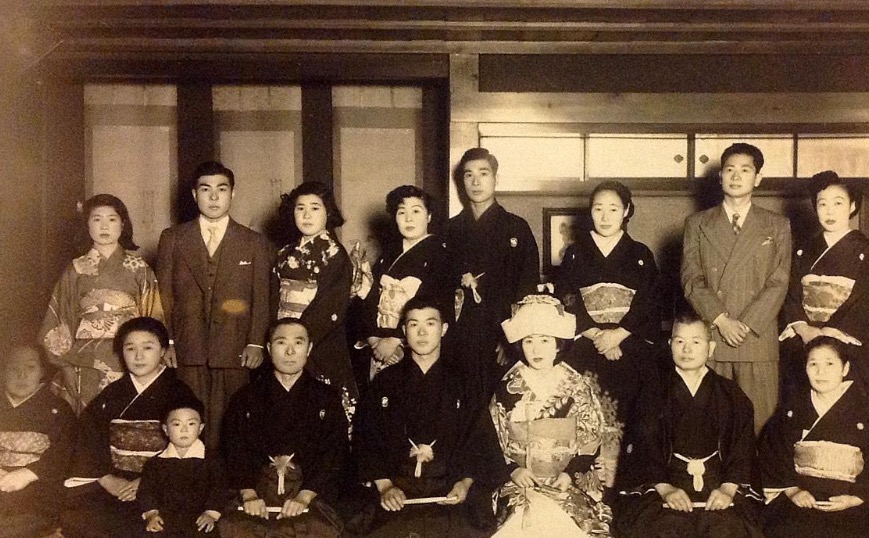
“The one year anniversary of my grandmother’s passing is fast approaching and what better way to celebrate her life than to remember her for the person that she was; both before and through her battle with Alzheimer’s Disease. She suffered at times but she also shined. She was courageous and beautiful. I am thankful for the many wonderful memories I hold of my grandmother.”
Growing up, I remember once turning my goldfish into a fish popsicle because I had accidentally left him outside during winter. I got so upset at myself for making that mistake but all I really remember now was how grandmother had helped me thaw and bury him. That made me feel a whole lot better then.
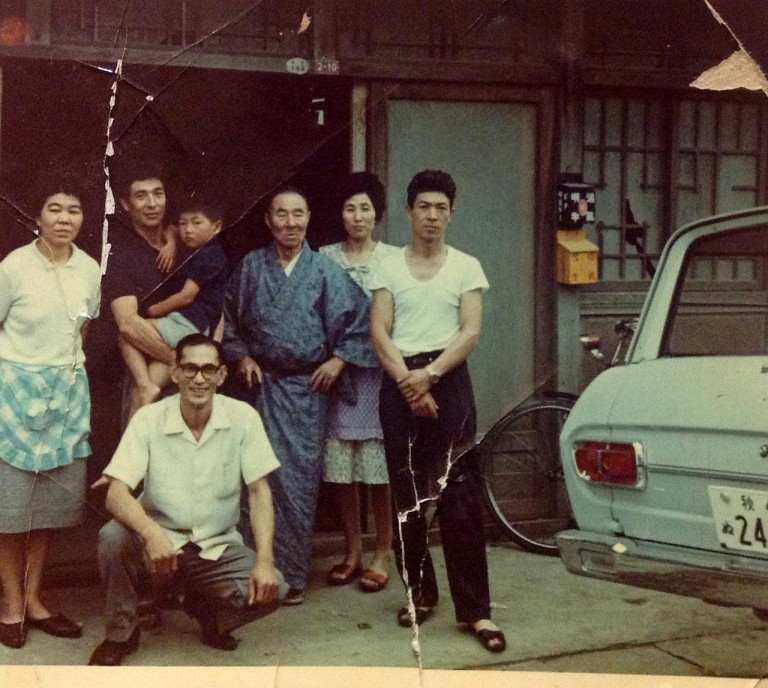
I also remember spending hours in the woods together behind our home in Japan foraging – so proud of myself when I found chestnuts or edible mushrooms – she would always smile and nod to me. When my family moved to Panama, the foraging didn’t stop. At the beach, we would search the tidal pools for sea urchins. I always wanted to impress her with how many I could find!
Having spent almost two decades in America, my grandmother later decided that she wanted to return to Japan, where she rekindled her relationship with my grandfather; they had been separated for many years.


After her return to Japan, I would often go back to Japan to visit my grandparents and stay with them for at least 3 to 6 months every year. I always looked forward to spending time with them.
During my later trips back home, I started to notice that her personality was changing; she became more reclusive and less talkative. I also noticed her forgetfulness or how frequently she lost things. But that didn’t worry me so much initially, because I thought it was an age-related thing.
It was only until I came back to a kitchen filled with smoke after a jog one day, that I knew something wasn’t right. She had left the pot on the stove that day. I was worried but it was very clear to me that it was memory related, so I decided to test her. I told her that I wanted to practice writing Kanji, Chinese characters, but feigned that I didn’t know how to write them. I then realised that she had begun to forget how to write.
After the incident, I spoke to my mum about the need to send her for a proper diagnosis so that we could have a better idea of what was happening. That was the start of us slowly losing her.
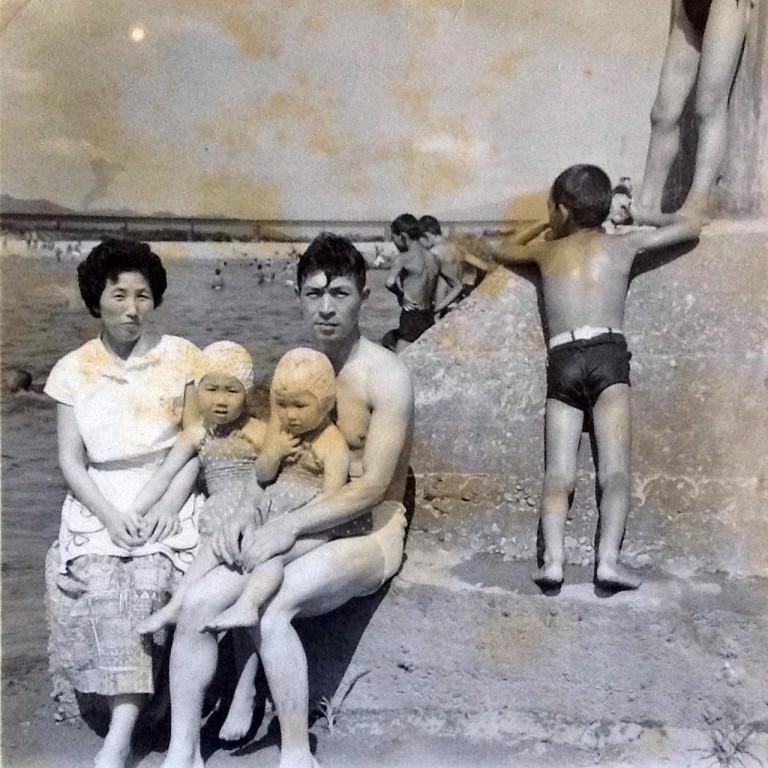
My grandparents loved hot spring spas, so we would visit often, even as her illness progressed. But sometimes it was more stressful than relaxing because she would try to wear stranger’s clothing after bathing. Other spa-goers would yell at us even though I apologize profusely and explain my grandmother’s condition. People just didn’t understand. She didn’t understand what was going on as well – just that people were yelling at her and she would get upset.
Some of my favourite memories as a child were also taking baths with my grandmother. She would sprinkle “Hot Spring mineral” packets into the tub and we would sing folk songs. She would always be seen dressed neatly, the fashionista she was, always spotting perfectly coiffed hair, never showing any greys. But as her illness progressed, it was painful to watch her become someone so different from the memories I had of her when I was a child. She would start refusing to take baths, especially when she soiled herself.
Merriam-Webster defines Alzheimer’s disease as “a degenerative brain disease of unknown cause that-results in progressive memory loss, impaired thinking, disorientation, and changes in personality and mood.”
This definition doesn’t explain the complexity of hardship for people with Alzheimer’s, their families or caregivers.
It was a tough journey indeed. But my grandmother was fortunate. Over her decade-long battle with the disease, my mother and aunt took turns, often putting their lives in the U.S on hold, to take care of their ailing mother. Sometimes she wouldn’t recognize her daughters but they still stayed in Japan for months at a time to cook, clean, and manage everything else.
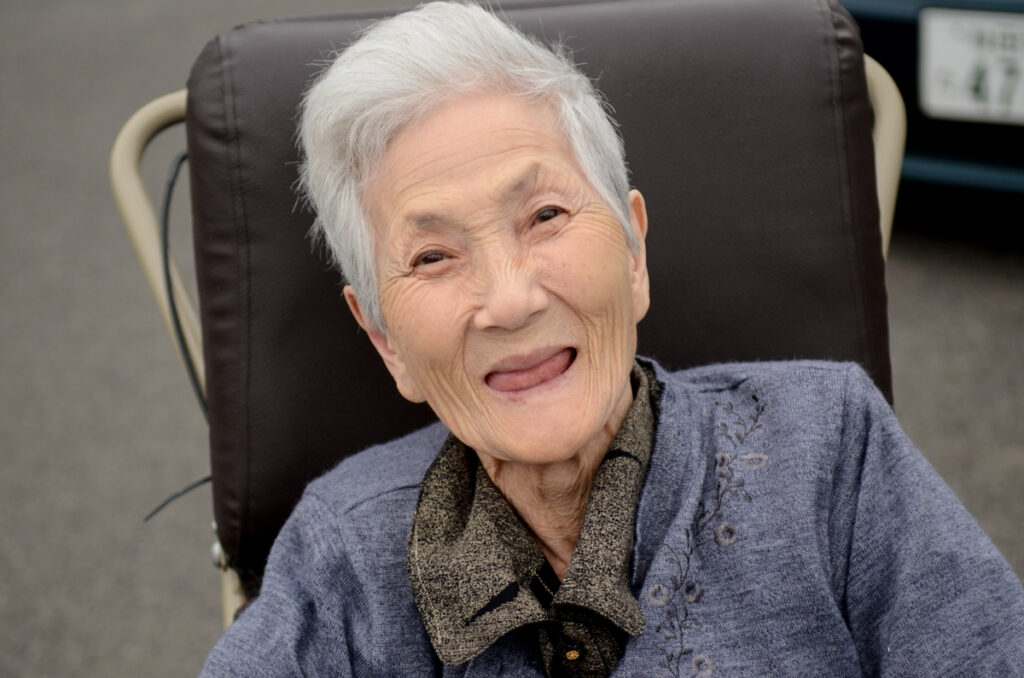

Eventually, when she forgot how to eat, we mashed food and fed her with a baby spoon. If there were any morsels left, she would spit it all out. The hospital visits became more frequent; being hospitalized several times for dehydration. The last time I saw her was the day I flew back to America after my last visit. I told her that I would see her in the summer. Two weeks after, in the early morning of January 27th 2015, she passed away in her sleep.
A huge part of me wishes that I was there beside her when she passed on. But I am glad to have had the opportunity to spend quality time with her over the years. What is left now are the colourful memories we have built together. I miss my grandmother every day and I often find myself reminiscing about all the experiences we shared. The hardest – but most beautiful times – were when there were glimpses of her former self, talking coherently and telling her stories.
I’ve come to realise that it really doesn’t matter if you have already heard the same story a hundred times. The beauty is in someone you love telling you that story.
Capture that moment, be still, and listen. Because you never know if that’s the last time you’ll hear him/her tell it.


